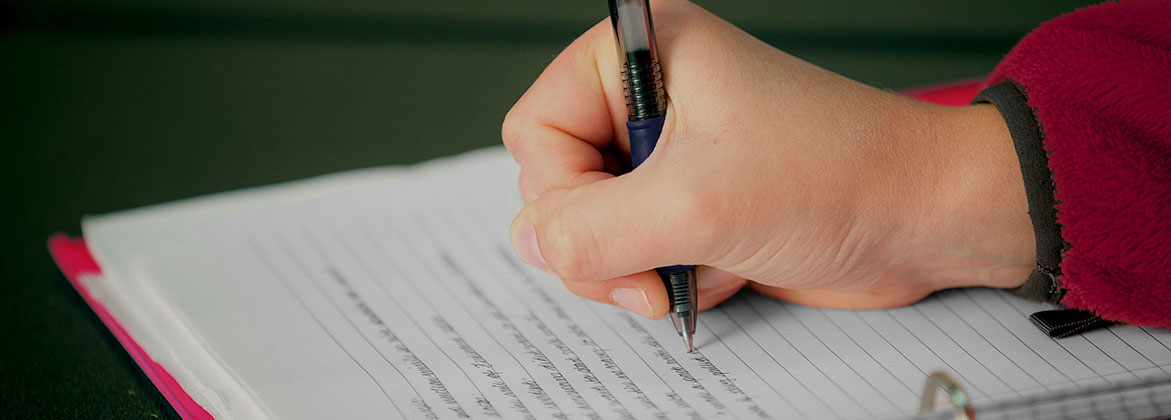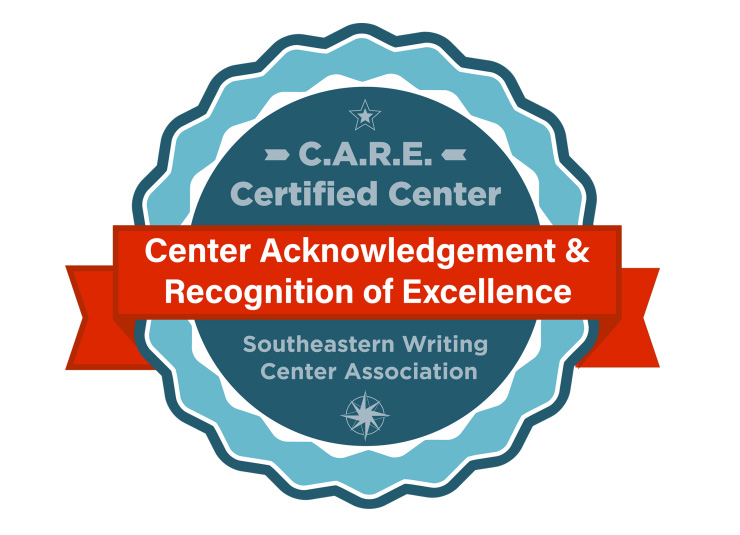How to Proofread Your Paper
- While proofreading, limit distractions such as listening to music, watching TV, and changing the baby.
- Go to a quiet place and read the paper out loud!
- Read the paper backward. No, don't read the words in reverse--the paragraphs. Start with the conclusion and work to the introduction.
- Bring your paper to the writing center and read it with a consultant.
- Too many mistakes are typos. Microsoft Word does not find and correct all the errors.
- Check each sentence for typos.
- Have a friend read through your paper to help check for typos.
Verb Tense Agreement
Example:
- She was arranging flowers and talks on her phone.
- What is wrong with this sentence? The first verb is past tense; the second is present
Plural/Singular Verb/Noun Agreement
Example:
- The women shoots the basketball.
- What is wrong with this sentence? Women is a plural noun, but shoots is a singular verb.
- Does every sentence have a subject and a verb? If not, the sentence is a fragment.
- If not, (this applies mainly to creative writing), does the sentence logically follow from the preceding sentence or serve as a logical introduction?
- Do not use fragments in academic writing
- Beware of linking two completed ideas with one of the following conjunctive adverbs without using a semicolon or a period before the adverb.
- Some examples of conjunctive adverbs: consequently, finally, however, now, moreover, suddenly, than, there, therefore
- Commas are tricky, but they can be very efficient.
- Always check, all the commas, because there may be, too many in places, they do not belong.
- Commas can also be underused like in the sentence above. Since the thoughts are not being effectively broken-up this can add frustration.
- For more help with commas see the commas page.
- In academic writing, it is highly recommended that you do not use first and second person.
- In other words, do not use you, your, yours, I, me, my, mine, we, us, our, and ours.
- Eliminate any and all of these pronouns from academic papers.
- If a sentence is longer than three lines and has not been carefully structured, it is probably wordy. Try for crisp, clean, and concise thoughts, not rambling.
- A good way to check for wordiness is logical flow. If your sentences flow logically into each other, you probably are not going to be overly wordy.
- Always check the formatting, whether APA, MLA, or Turabian.
- Remember to check: Margins, headings, headers, citations, font, and font size.
- Does the paper have a thesis statement?
- Is the thesis statement developed and supported?
- Does each paragraph transition into the next paragraph logically?
- Does the conclusion "tie up the loose ends" by revisiting the introduction?


